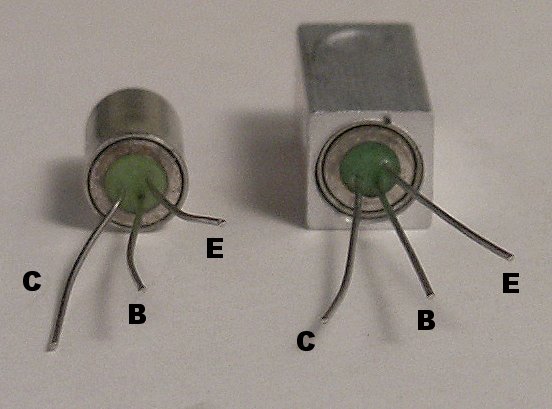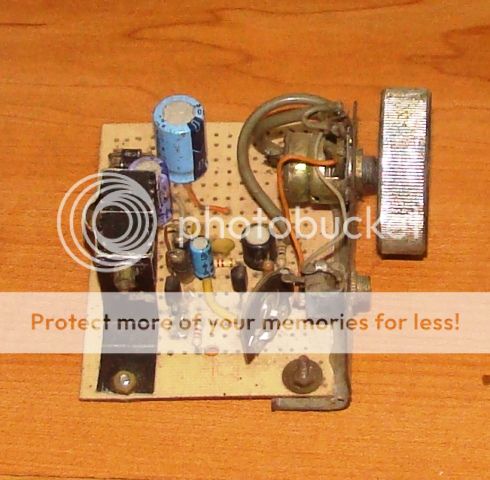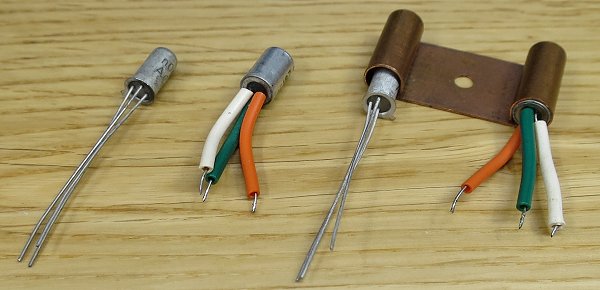Hi friends!
Can anybody please tell me whether AC128/176 or AC187/188 are still available (NOS )? I've substituted these bell transistors by modern variety. But I'm not getting the exact sound which I'm habituated to listen from my Philips 533.I don't know what is the exact problem but I'm getting a sound having almost no bass and high treble! Please help me to solve the problem.
Regards,
Can anybody please tell me whether AC128/176 or AC187/188 are still available (NOS )? I've substituted these bell transistors by modern variety. But I'm not getting the exact sound which I'm habituated to listen from my Philips 533.I don't know what is the exact problem but I'm getting a sound having almost no bass and high treble! Please help me to solve the problem.
Regards,





